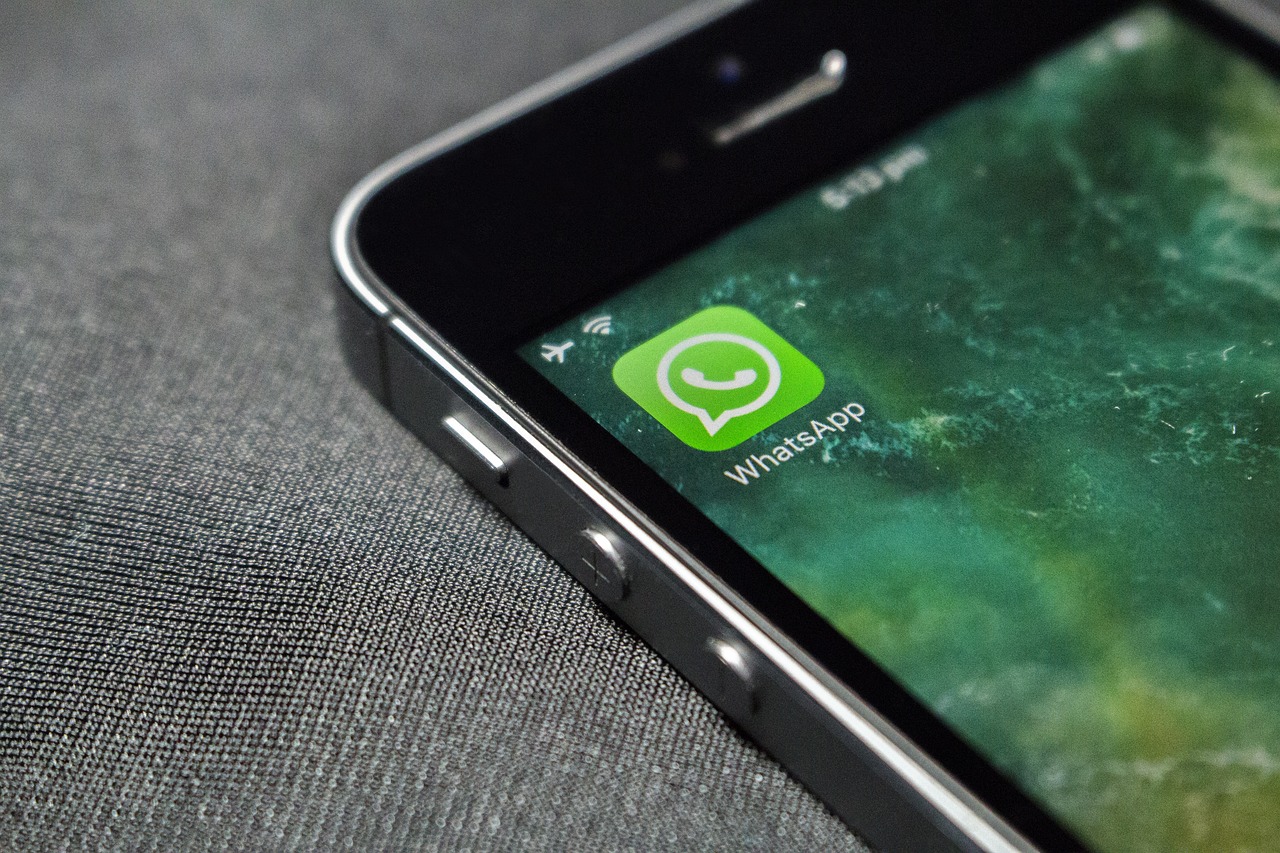From now on, I invite you to consider the possibility of converting your applications into revenue streams. First, it’s important to explore some effective strategies for monetizing both native and web apps. Most importantly, these tactics can yield significant financial returns. As a result, you can see your efforts pay off in tangible ways.

Native Apps: The Secret to In-App Purchases
Native apps are those that you publish to the Google Play and in App Store. They are designed to offer the best possible user experience. But how can you generate revenue with these apps?
Certainly, one of the most effective ways is through in-app purchases. In fact, this is a little-explored secret, but it can generate a lot of revenue. Imagine creating a free app, like a clone of ChatGPT, for example, which is in high demand. While the app is free to download, you can offer paid items within it.
Furthermore, the difference lies in the presentation. Even though there are many similar apps, each one has its own charm. The interface, the user experience and even the way you promote your app can make all the difference.
Read more:
- Make money by RESELLING WATCHES using your cell phone
- Working with ARTIFICIAL INTELLIGENCE on your cell phone? Understand
- Receive a PIX today with this APPLICATION
- Control your FINANCES and MAKE MONEY using your cell phone
Promotion Strategy: How to Leverage Your App
While launching an app is a huge achievement, the real challenge lies in getting it in front of the right audience. So how do you promote your app?
If you already have an audience, use it to your advantage. Promote your app on all your social media channels, such as Instagram and Discord. As your audience grows, the chances of your app being downloaded also increase. And remember, launching an MVP (Minimum Viable Product) can be a great strategy. Launching quickly and constantly improving based on user feedback is a practical and efficient approach.
Web Applications: Versatile Alternative
Web applications are those that do not depend on stores such as Google Play or the App Store. They can be accessed directly through the web, which eliminates the need to go through the approval processes of these platforms.
However, promoting a web app can be a bit more challenging. Investing in a good sales page is certainly crucial. A well-optimized SEO page can help your app appear at the top of Google, significantly increasing its visibility.
Digital Marketing: Ads and Organic Promotion
While organic advertising can be done through WhatsApp, Facebook, and Discord groups, creating paid ads is an alternative that should not be ruled out. Facebook Ads, for example, can drive qualified traffic to your app. Of course, you need a budget for this, but the results can be quite rewarding.
Ultimately, generating revenue from apps, whether native or web-based, is a task that requires strategy and dedication. Use all the tools available, from in-app purchases to organic and paid promotion, and watch your efforts turn into financial success.
Have you started planning your next app yet? Now is the time!
Learning Programming on Your Phone: Essential Tips and Resources
First of all, it is important to highlight that learning to program on your cell phone is completely possible. Although mobile devices have some limitations compared to computers, they can be valuable allies for those who want to start their programming journey. In order to help you in this process, we will explore some essential tips for learning to program on your cell phone:
Choose a Good App
There are several apps available for smartphones that allow you to create, edit, and run code in various programming languages. Some popular examples include:
- Dcoder: A versatile application that supports multiple languages and offers a complete development environment.
- SoloLearn: Offers interactive courses and challenges to learn languages like Python, JavaScript, and more.
- CodeHub: Great for reviewing and practicing programming concepts.
- Pythonista: Specialized in Python, with advanced features.
- Study Programming Logic: Regardless of the device, programming logic is key. Understanding control flows, conditional structures, and loops is crucial.
- Choose a Language to Start: Python and JavaScript are both good options for beginners. Python is known for its simplicity, while JavaScript is essential for web development.
- Read Relevant Materials: Take advantage of tutorials, blogs and documentation to deepen your knowledge.
- Watch Video Lessons: Platforms like YouTube offer video tutorials that can be watched on your cell phone.
- Chat with Other Programmers: Participating in online communities and forums is a great way to learn and ask questions.
- Practice Regularly: Create small projects, solve challenges and practice constantly.
Above all, remember that mobile coding is best suited for simple tasks and quick tweaks. To get the most out of this approach, take advantage of the features available on your mobile device to start your coding journey!



